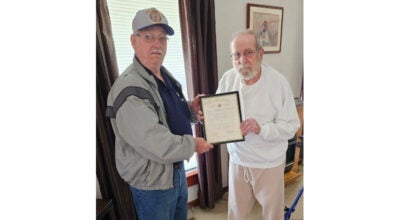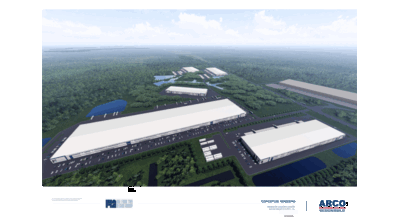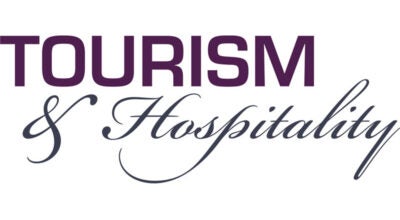Northam vetoes 8 bills; one would block higher wages
Published 10:08 am Friday, April 13, 2018
by Deanna Davison
Capital News Service
RICHMOND
Gov. Ralph Northam vetoed a flurry of bills Monday, including one to prohibit local governments from requiring contractors to pay their employees more than minimum wage.
House Bill 375, introduced by Del. Glenn Davis, R-Virginia Beach, passed the House and Senate on party-line votes during the General Assembly’s 2018 regular session. Northam said he rejected the bill because he believes employee wage and benefit decisions are best left to individual localities, pointing to differences in the cost of living and workforce factors.
“The ability of local governments to make this choice should be supported, not limited,” the Democratic governor said. “Decisions regarding municipal contacts should be made by local leaders who fully understand local needs and the needs of their workforce.”
HB 375 was one of eight bills Northam vetoed Monday. He also rejected:
• Senate Bill 521, which would require local voter registrars to investigate the list of registered voters whenever it exceeds the estimated number of people age 18 or older in a county or city. The sponsor, Republican Sen. Mark Obenshain of Rockingham County, called the measure “a critical election integrity bill.” But Northam said it would unduly burden election officials and that Virginia already has a process to ensure accurate voter registration rolls.
• HB 1167, which would require jury commissioners to collect information from people who are not qualified to serve on juries and present that information to voter registrars for list maintenance purposes. “There is no evidence or data that jury information is a reliable source for voter list maintenance,” Northam said. He said using this information “could endanger the registrations of eligible voters and prevent them from successfully casting a ballot.”
• HB 158, which would allow the General Assembly to alter legislative districts outside the constitutional process so they correspond with local voting precinct boundaries. Northam said this would allow members of the General Assembly to adjust districts at their own discretion, threatening Virginians’ rights to equal apportionment.
• HB 1568, which would assign certain functions of the Department of Small Business and Supplier Diversity to the Virginia Economic Development Partnership Authority. Northam said he believes this is an unnecessary move.
• HB 1257, which states, “No locality shall adopt any ordinance, procedure, or policy that restricts the enforcement of federal immigration laws.” Northam said the legislation “would force local law enforcement agencies to use precious resources to perform functions that are the responsibility of federal immigration enforcement agencies. It also sends a chilling message to communities across Virginia that could have negative impacts on public safety.”
• HB 1270, which would forbid state participation in adopting regulations on carbon dioxide cap-and-trade programs. Northam said the bill would limit Virginia’s ability to tackle climate change and provide additional clean energy jobs.
• HB 1204, which would require Arlington County to assess two private country clubs there as land dedicated to open space rather than its current method of highest and best use. “This is a local dispute over a local government’s method of assessing land for property taxation,” Northam said. “As such, the solution to this dispute should be reached on the local level without the involvement of the state.”
The General Assembly will reconvene for a one-day session on April 18 to consider the vetoes and recommendations issues by Northam. It takes a two-thirds majority in both the House and Senate to override a veto.
Democrats hold enough seats in each chamber to prevent an override.





